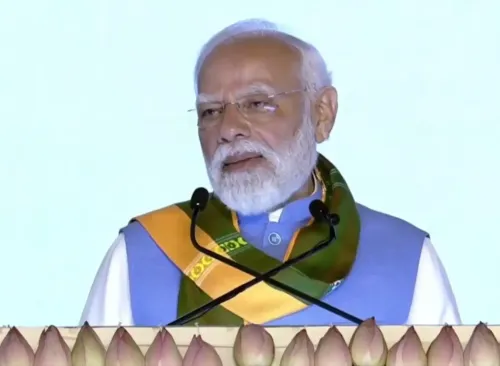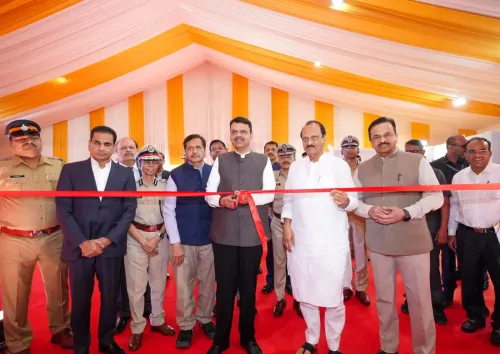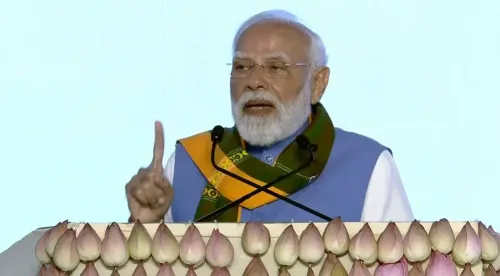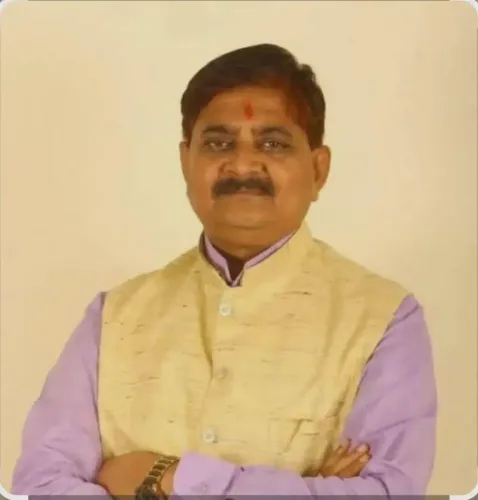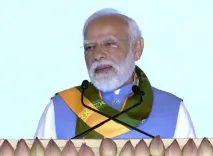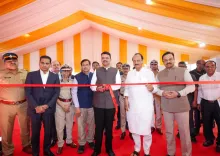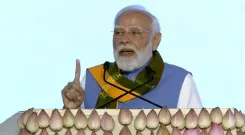Could the PAP Regime Negatively Impact Tourism in Nagaland?
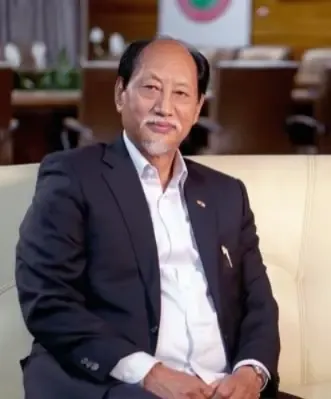
Synopsis
Key Takeaways
- Rio urges for a review of the PAP regime to protect tourism.
- The reimposition of PAP may harm the local economy.
- Nagaland enjoys a peaceful atmosphere, differing from other states.
- The Hornbill Festival is crucial for attracting tourists.
- A relaxed PAP could enhance cultural exchanges and tourism growth.
Kohima, Nov 19 (NationPress) The Chief Minister of Nagaland, Neiphiu Rio, has once again called upon Union Home Minister Amit Shah to reconsider and revoke the recent re-imposition of the Protected Area Permit (PAP) regime in Nagaland, Manipur, and Mizoram. He cautioned that this move could significantly hinder tourism and adversely affect the state’s economy.
The PAP, enacted under the Foreigners (Protected Areas) Order, 1958, places regulations and restrictions on the entry of foreign nationals into specified regions.
According to an official from the Chief Minister’s Office, in his latest correspondence with the Home Minister, Rio emphasized that Nagaland has developed into a global tourism hotspot, thanks to the “Nagaland -- Land of Festivals” tourism initiative. This achievement has resulted in a consistent increase in foreign tourist arrivals, enhancing the local economy, generating jobs—especially for the youth—and fostering a positive image of both Nagaland and India.
However, Rio warned that the reintroduction of the PAP regime could negate these advancements.
He pointed out that the Ministry of Home Affairs (MHA) reinstated the PAP starting December 17, 2024, in Manipur, Mizoram, and Nagaland due to security issues in border regions. The three states had enjoyed an exemption from this regime since 2010, under specific conditions.
While acknowledging security challenges in Manipur and the influx of refugees from Myanmar into Mizoram, Rio asserted that Nagaland's circumstances are notably different. He mentioned that the state is currently enjoying one of its most peaceful phases since its formation, with no major security threats and no refugee influx from Myanmar. He added that the India-Myanmar border adjacent to Nagaland remains tranquil due to shared ethnic ties and familial bonds across the border.
Rio recounted raising this concern during the plenary session of the North Eastern Council held on December 21 last year in Agartala, which was presided over by Amit Shah. He contended that maintaining the PAP regime in a peaceful state like Nagaland could stifle tourist visits, noting the record high arrivals during the 25th Hornbill Festival.
The Chief Minister mentioned that the state cabinet deliberated on this matter on January 6 and March 27, 2025. Following this, the government reached out to the MHA on January 22 to request a review of the re-imposed PAP restrictions. Rio subsequently sent letters on July 18 and September 10, reiterating his demand for a relaxation of the regime, contingent on necessary conditions.
He stressed that Nagaland has long been deprived of private sector involvement and external investment, and tourism has recently emerged as a vital livelihood sector and a key driver of economic recovery. The current PAP restrictions, he warned, could severely diminish foreign tourist numbers and jeopardize this delicate progress.
Rio also highlighted that Naga artists and cultural ambassadors frequently showcase India's cultural diversity at prominent international festivals. A more lenient PAP regime, he argued, would strengthen international cultural exchanges and further promote India's rich cultural identity.
He added that the urgency of this issue has intensified with the festive season nearing, particularly the Hornbill Festival 2025, which draws large crowds of domestic and international visitors annually. Reports suggest that the existing PAP requirements may deter numerous potential tourists.
The upcoming 26th edition of the ten-day Hornbill Festival, which aligns with Nagaland’s Statehood Day, is scheduled to take place from December 1 to 10 at the Naga Heritage Village in Kisama.

